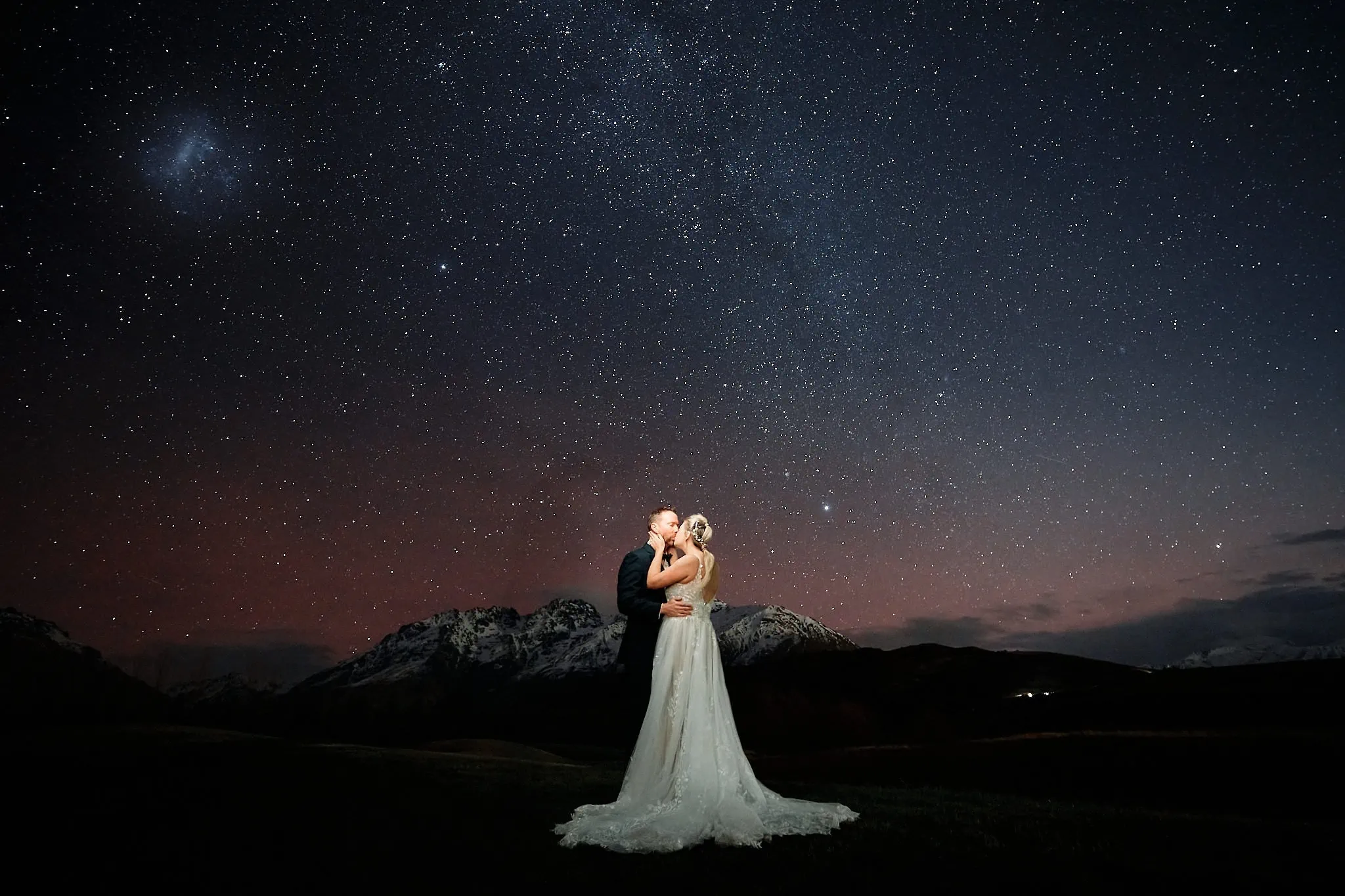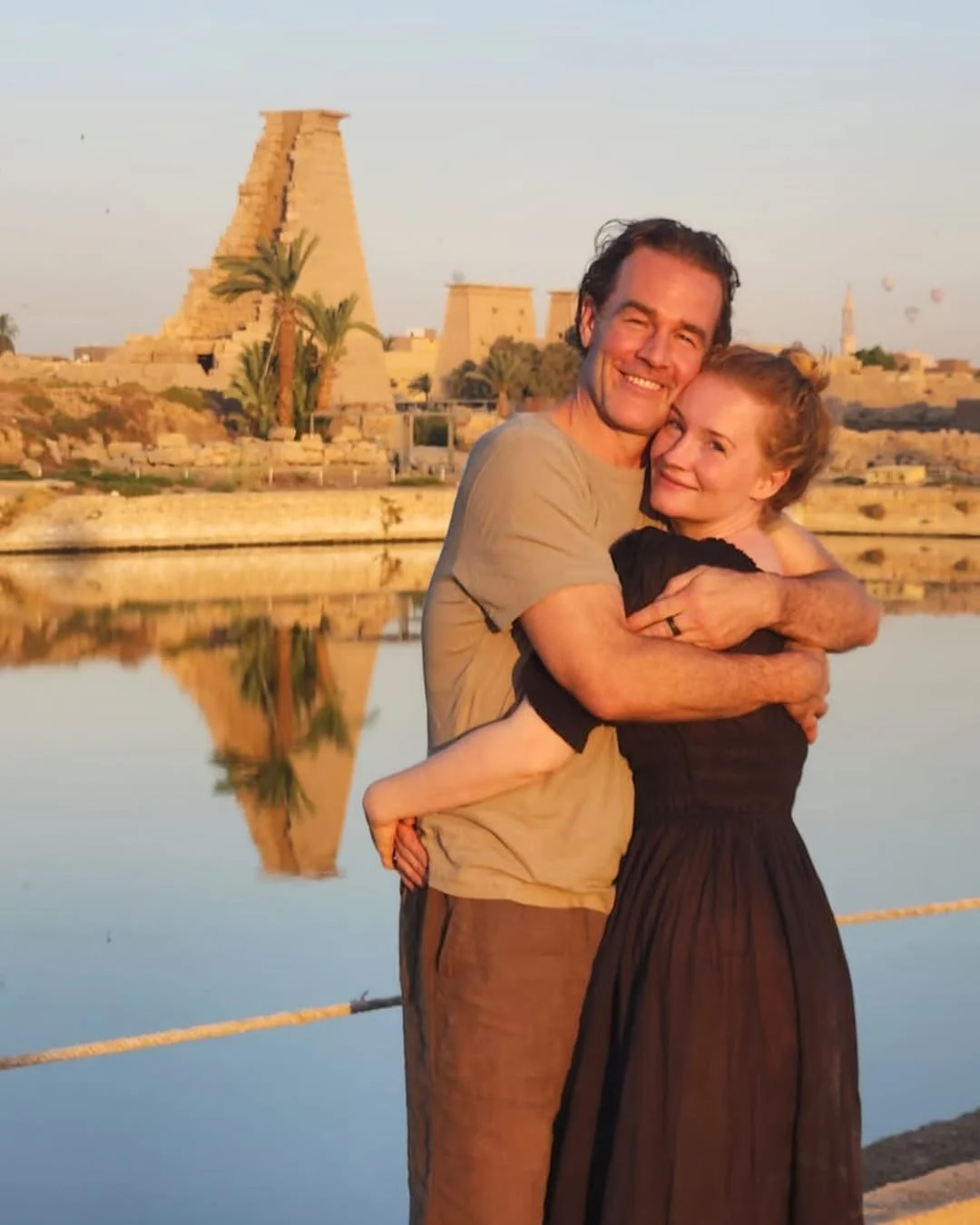

Dreaming of a romantic and unforgettable destination wedding? Look no further than the mesmerizing United Arab Emirates (UAE) – one of the best destination countries for a memorable wedding. With its stunning landscapes, luxurious venues, and a blend of traditional and modern charm, the UAE is an ideal location for couples looking to tie the knot in style. But what if you’re living overseas? Don’t worry! Planning a destination wedding in the UAE from abroad is entirely possible. In this article, we’ll guide you through the process, providing you with the essential steps to make your dream wedding a reality.

The UAE offers a variety of incredible wedding destinations, including Dubai, Abu Dhabi, and Ras Al Khaimah. Each city has its unique attractions and a range of venues to choose from. Research the climate, local customs, and legal requirements to determine the most suitable location for your wedding.
When planning a destination wedding in the United Arab Emirates, it’s essential to take into account the climate and seasonality of the region. The UAE experiences a desert climate characterized by hot summers and mild winters. Here are some factors to consider:

Having a local wedding planner is crucial for organizing a successful destination wedding. They will be your eyes and ears on the ground, handling everything from venue selection and vendor coordination to legal paperwork and cultural nuances. Seek recommendations, check online reviews, and communicate with potential planners to find the one that aligns with your vision and budget.
Determining your wedding budget is a crucial first step in planning your destination wedding in the United Arab Emirates. It’s essential to have a realistic framework to guide your decisions. While the cost of a wedding can vary greatly depending on your preferences and the scale of the event, it’s helpful to be aware of some average costs.
According to a study conducted by Zayed University, the average cost of an Emirati wedding in the UAE is $186,000. In Dubai, the average cost ranges from $80,000 to $135,000. Additionally, Saudi weddings can range from $185,000 to a staggering $2 million.
However, it’s important to note that these figures typically cover the wedding expenses itself and may not include accommodation and travel expenses for you and your guests. Keep in mind that destination weddings often involve additional costs for flights, accommodations, and other travel-related expenses.

The UAE boasts an array of stunning wedding venues, from opulent hotels to breathtaking beachfront resorts and desert oases. Discuss your preferences and requirements with your wedding planner, who can provide recommendations based on your budget and aesthetic preferences. Arrange virtual tours of the shortlisted venues to get a feel for their ambiance and suitability.
Familiarize yourself with the legal procedures for getting married in the UAE. Non-Muslim couples are generally required to provide specific documents, such as passports, birth certificates, and no-objection letters from their home country. Work closely with your wedding planner to ensure you have all the necessary paperwork ready and that the process is smooth and hassle-free.
Familiarize yourself with the specific documents and legal requirements for getting married in the United Arab Emirates. While the exact requirements may vary based on your nationality and the emirate where you plan to marry, here are some common documents you may need:

From photographers and videographers to florists, entertainers, and transportation providers, you’ll need to coordinate various vendors for your destination wedding. Your wedding planner can recommend trusted professionals who have experience working with international couples. Make sure to clearly communicate your expectations, preferences, and any cultural or religious customs you’d like to incorporate into your wedding.
Helping your guests with travel arrangements is a considerate gesture that will enhance their experience. Research nearby accommodation options, negotiate group rates if possible, and provide them with a list of recommendations. Consider organizing group activities and excursions to make their stay even more memorable.
Embrace the rich cultural heritage of the UAE by incorporating local customs and traditions into your wedding ceremony and celebrations. From traditional Emirati music and dance performances to Arabic-inspired cuisine and henna ceremonies, these elements will add a unique touch to your special day. Add a touch of cultural richness to your destination wedding in the United Arab Emirates by embracing local customs and traditions. Here are some ideas to consider:


From Venus retrograde wedding dates to birth chart...
LEARN MORE
Disney’s Fairy Tale Weddings marks its 35th anniv...
LEARN MORE
Days before his death at 48, James Van Der Beek r...
LEARN MORE